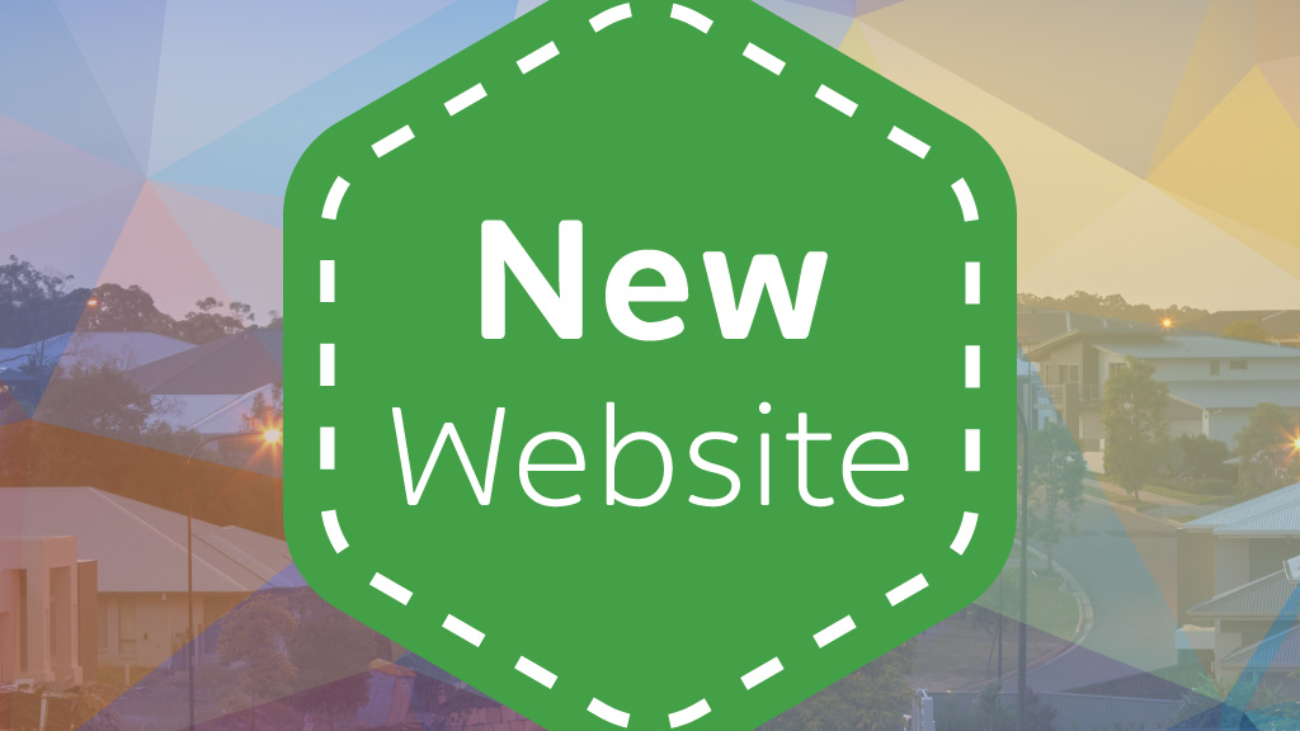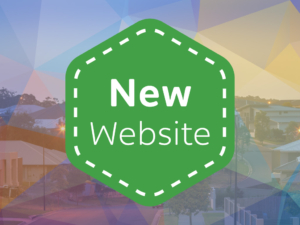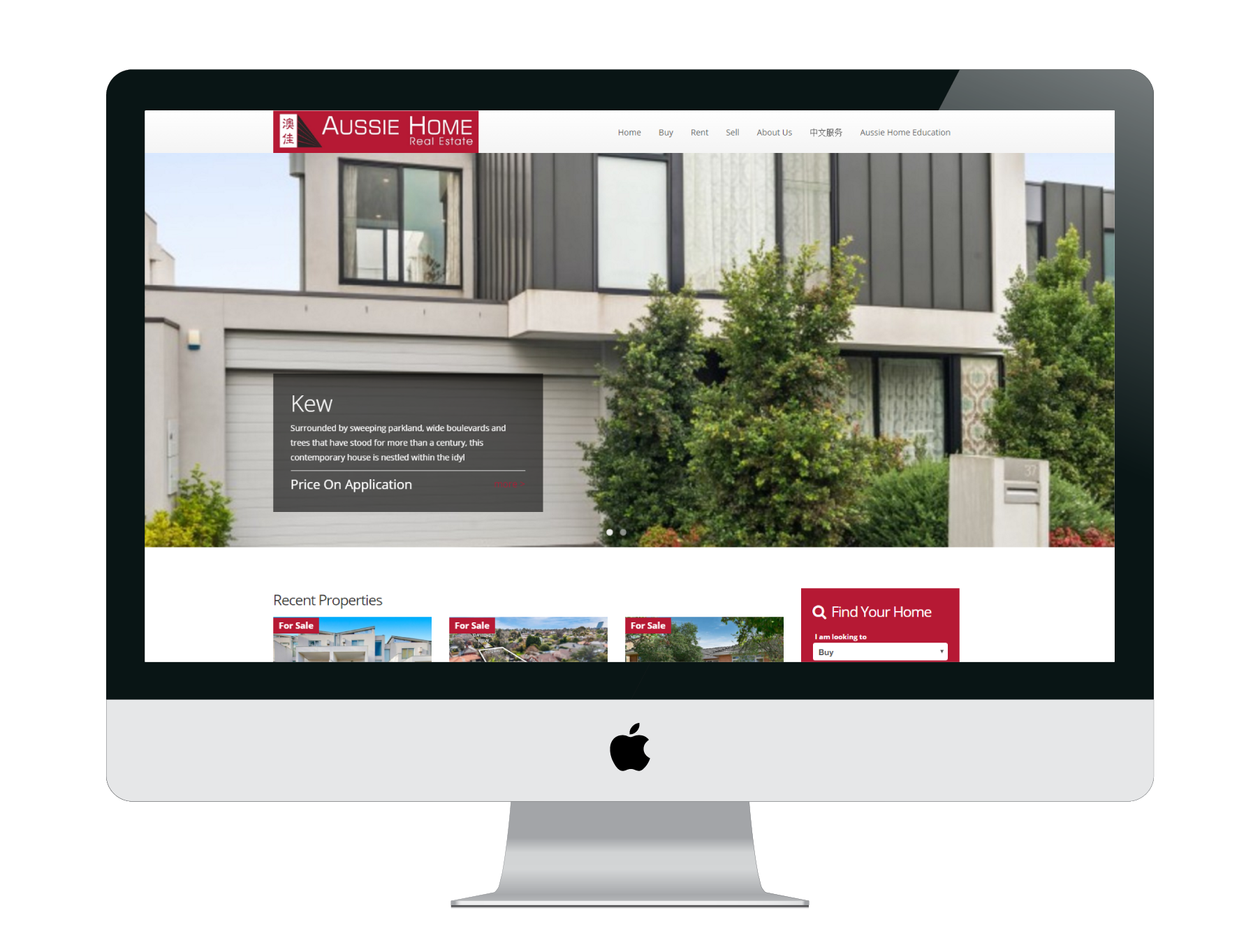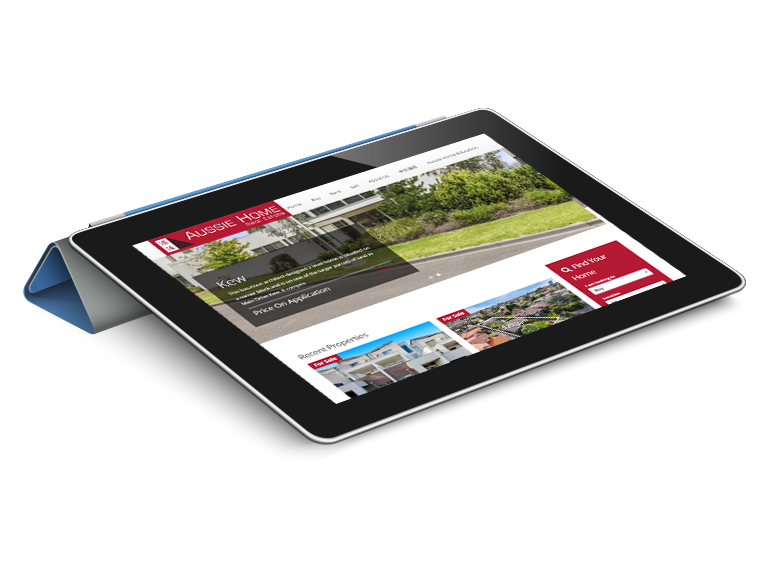 Digital marketing is one of the single fastest developing sectors in the world. With innovative new software hitting the scene every day, making sure your business keeps up is key to staying ahead of your competition.
Digital marketing is one of the single fastest developing sectors in the world. With innovative new software hitting the scene every day, making sure your business keeps up is key to staying ahead of your competition.
But with so much growth so quickly, how can you stay ahead? Don’t worry – we’ve created this post on the top 7 digital marketing trends, so you beat the curve and get the drop on other businesses in your niche.
Going mobile
If you’ve ever taken a look at your business’s web stats, you’ll most likely have noticed a steady increase in the amount of mobile users. This means that, when buyers are searching for properties online, your agency website is going to need to be mobile optimised. So what is mobile optimisation or ‘responsiveness’? This is essentially making sure that your images, text boxes and any additional plugins automatically resize to fit the screens of mobile devices.
For a great responsive Real Estate website, click here to check out our range of options.
Microsites are gaining serious traction
More and more real estate agencies are starting to use microsites to advertise their niches directly. This is being done by setting up visually-crisp sites to advertise a select group of their properties, such as luxury apartments or subdivisons/developments. Doing this allows you to target a more specific audience and drive more relevant traffic to your pages. If you’re considering this as an option, make sure your microsites all link back to your main website. You don’t want to miss out on that increased brand awareness and web traffic.
To find out more about individual property or niche market microsites, speak to our helpful team at iProperty.
Interactive call to actions
Sales is the name of the game, and you want to be playing for the best team. Regardless of what type of real estate you work in, the undeniable purpose of your website is to help get properties sold. 10 years ago, listing your office number on your landing page would have probably been fine. Unfortunately, in the digital age, that just isn’t going to cut it.
An increasing trend is companies using interactive call to actions, such as in-page pop-ups to drive email list subscriptions. When the real estate competition is as hot as it is, you need to make your web pages are working for you in as many ways as possible. Capturing an interested audience in a mailing list is one great way to boost conversion rates and really drive those sales.
Make your customers’ experiences memorable
‘User experience’ is a buzzphrase that’s getting thrown around a lot in digital marketing currently. Why? Because if you provide great user experience on your website, you’re going to leave a lasting positive impression on your audience which will boost your conversion rates and potentially even generate some word of mouth leads, too.
As this trend continues, you’re likely to see websites with reduced text, increased video content and a rise in vivid imagery. Let your content take your visitors on a journey to make sure they remember your brand.
Accepting and embracing Google’s changes
With Google’s recent algorithm changes, keeping your website at the top of search results just got a whole lot harder. When packing your blog posts full of keywords no longer cuts it, agencies are placing a focus on producing content that provokes engagement from their audience.
One great way of doing this is by providing solutions to the problems your audience typically faces. For real estate, that could be a question like ‘how do I find a real estate agent that’s right for me?’. If you can provide your audience with the answers they need, they’ll start to trust you as an industry authority. Cultivating this brand trust will make your audience much more likely to use your services in the future.
Video is leading the way
As of March 2016, over 200 hours of video are uploaded to YouTube every minute. That should give you some context on just how important video has become as a content medium. Boosted bandwidth has left web designers with more freedom to play with video backgrounds on web pages, animated slider banners and 3d videos which tour your audience around your listed properties. Consider cutting out text and replacing it with video to provide your audience with a more enriched experience.
Let your website tell a story
Industry-leading real estate agencies are utilising storytelling in their sales process. Take your audience on a journey, diving behind the scenes with employee interviews and playing on the emotion of the home-owning process. Letting your audience connect with your brand on a personal level will help you to earn their trust.
For more helpful real estate tips and information like this, check out our blog. You can also follow us on Facebook.
At iProperty, we provide leading online property management and real estate software, responsive websites, and more.



 Promoting your own brand is great, but why do it yourself when you can get others to vouch for you? Studies have shown that 92% of people trust brand advocates more than brand influencers, so putting together a brand advocacy program is well worth your time.
Promoting your own brand is great, but why do it yourself when you can get others to vouch for you? Studies have shown that 92% of people trust brand advocates more than brand influencers, so putting together a brand advocacy program is well worth your time.
 If you’ve read about digital marketing at all, you’ll know that Google likes to change the rules – a lot. That can make it tricky for real estate professionals to take and keep the upper hand over their competitors.
If you’ve read about digital marketing at all, you’ll know that Google likes to change the rules – a lot. That can make it tricky for real estate professionals to take and keep the upper hand over their competitors.
 It is different from city real estate
It is different from city real estate
 Since its release, Instagram’s surge in popularity shouldn’t come as a surprise. Instagram has provided the social media market with a new way to interact with each other, basing its concept off of purely visual stimuli.
Since its release, Instagram’s surge in popularity shouldn’t come as a surprise. Instagram has provided the social media market with a new way to interact with each other, basing its concept off of purely visual stimuli.
 Aussie Home originally had their website provided by
Aussie Home originally had their website provided by 


 Common stereotypes place real estate agents only a rung or two higher on the trustworthiness ladder than a used car salesman, yet of course the clichés are not based on fact.
Common stereotypes place real estate agents only a rung or two higher on the trustworthiness ladder than a used car salesman, yet of course the clichés are not based on fact.
 As a successful real estate agent, lead generation is key to the success of your business, and having an effective email marketing strategy is a crucial piece of your overall marketing pie. Yet simply sending out an email periodically to your customer list isn’t enough; you need to ensure that your regular email newsletter is captivating enough to not only make it through the reams of emails consumers receive every day, but to also be opened, read, and for subscription to it to continue.
As a successful real estate agent, lead generation is key to the success of your business, and having an effective email marketing strategy is a crucial piece of your overall marketing pie. Yet simply sending out an email periodically to your customer list isn’t enough; you need to ensure that your regular email newsletter is captivating enough to not only make it through the reams of emails consumers receive every day, but to also be opened, read, and for subscription to it to continue.
 If you are already immersed in
If you are already immersed in 
 Many real estate transactions make their start from an online search. Real estate agents need to make their brand visible online so they can become more visible. You want to become the top choice
Many real estate transactions make their start from an online search. Real estate agents need to make their brand visible online so they can become more visible. You want to become the top choice